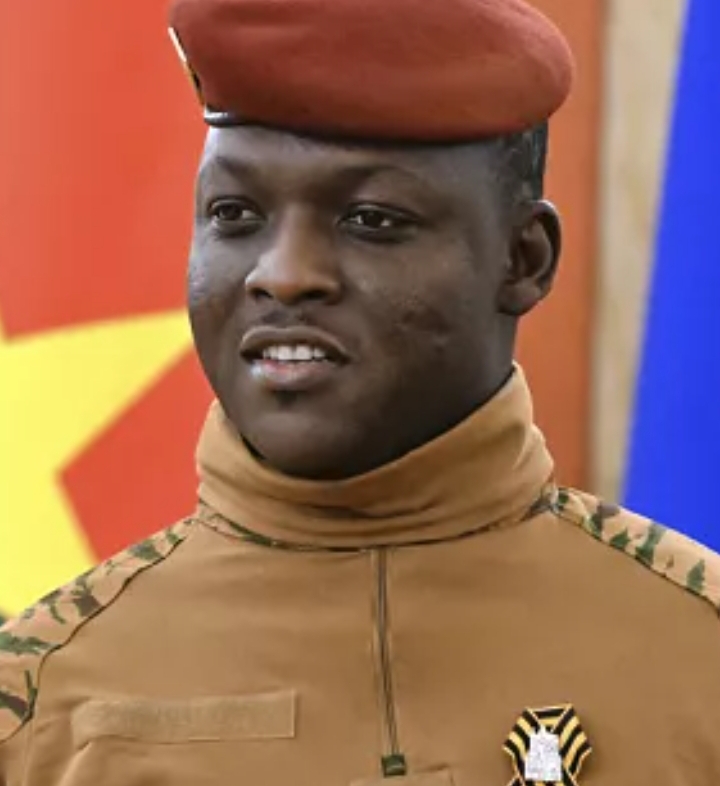Burkina Faso forces and pro-government militias allegedly killed over 100 Fulani civilians near Solenzo, sparking reprisals and deepening ethnic tensions amid censorship and ongoing conflict.
HRW: Burkina Faso Forces Killed 100 Civilians in March


At least 100 civilians were killed in March near the western town of Solenzo by Burkina Faso government forces, according to a report released by Human Rights Watch on Monday. Testimonies from survivors and videos circulating on social media, analyzed by the rights group, indicate that the perpetrators included members of Burkina Faso’s special forces and a pro-government militia known as the Volunteers for the Defense of the Homeland (VDP).
All the victims were ethnic Fulani, a pastoralist group present throughout the region and often accused by the government of supporting Islamist insurgents. A previous Human Rights Watch report had suggested probable government involvement based on social media evidence, although it had not reached a definitive conclusion.
In response to early reports of the massacre, the government issued a strong denial. It condemned the spread of what it described as hateful and false content on social media, warning that such material threatened national unity and social cohesion.
However, Human Rights Watch’s senior Sahel researcher, Ilaria Allegrozzi, said that the full scale of the atrocity only became clear through further investigation. “The viral videos of the atrocities by pro-government militias near Solenzo sent shock waves through Africa’s Sahel region, but they told only part of the story,” she stated. “Further research uncovered that Burkina Faso’s military was responsible for these mass killings of Fulani civilians, which were followed by deadly reprisals by an Islamist armed group. The government needs to impartially investigate these deaths and prosecute all those responsible.”
Authorities in Burkina Faso did not immediately respond to requests for comment on the updated findings.
Burkina Faso, a landlocked West African nation of 23 million people, has come to symbolize the worsening security crisis in the Sahel region, south of the Sahara Desert. The country has experienced mounting violence from extremist groups affiliated with Al-Qaeda and the Islamic State, as well as brutal crackdowns by state forces. The military junta, which seized power in 2022, has not delivered on its promises of restoring order. Estimates suggest that over 60% of Burkina Faso is now beyond government control. More than 2.1 million people have been displaced, and nearly 6.5 million require humanitarian assistance.
The massacre in the Boucle du Mouhoun region — encompassing Solenzo and nearby towns — reportedly began on February 27 and continued until April 2. Eyewitness accounts cited in the report describe the involvement of hundreds of government troops and drone surveillance. One 44-year-old Fulani herder from Solenzo recounted, “The VDPs shot at us like animals, while drones were flying over our heads. Many women and children died because they could not run.”
Following the violence, hundreds of Fulani civilians fled across the border into neighboring Mali. A 53-year-old resident of Solenzo said, “Today, in the whole province, there are no more Fulani — they all fled or were killed or taken hostage. But the other ethnic communities remain.”
After government forces withdrew, jihadist militants from the group Jama’at Nusrat al-Islam wal-Muslimin (JNIM) reportedly returned to the area and carried out retaliatory attacks against those suspected of collaborating with the military. A 60-year-old woman who witnessed the aftermath in Tiao village on April 5 described seeing dozens of bodies. “All the men had been executed in front of the health center,” she said. “I counted up to 70 bodies.”
Analysts say the junta’s reliance on militarized responses and the mass mobilization of civilians into undertrained militia groups has deepened interethnic tensions. Human rights organizations argue that it is nearly impossible to obtain a clear understanding of the situation on the ground, as the military has implemented widespread censorship. Speaking out against abuses has become increasingly dangerous, with critics facing abduction, imprisonment, or forced conscription.

 বাংলা
বাংলা  Spanish
Spanish  Arabic
Arabic  French
French  Chinese
Chinese 
